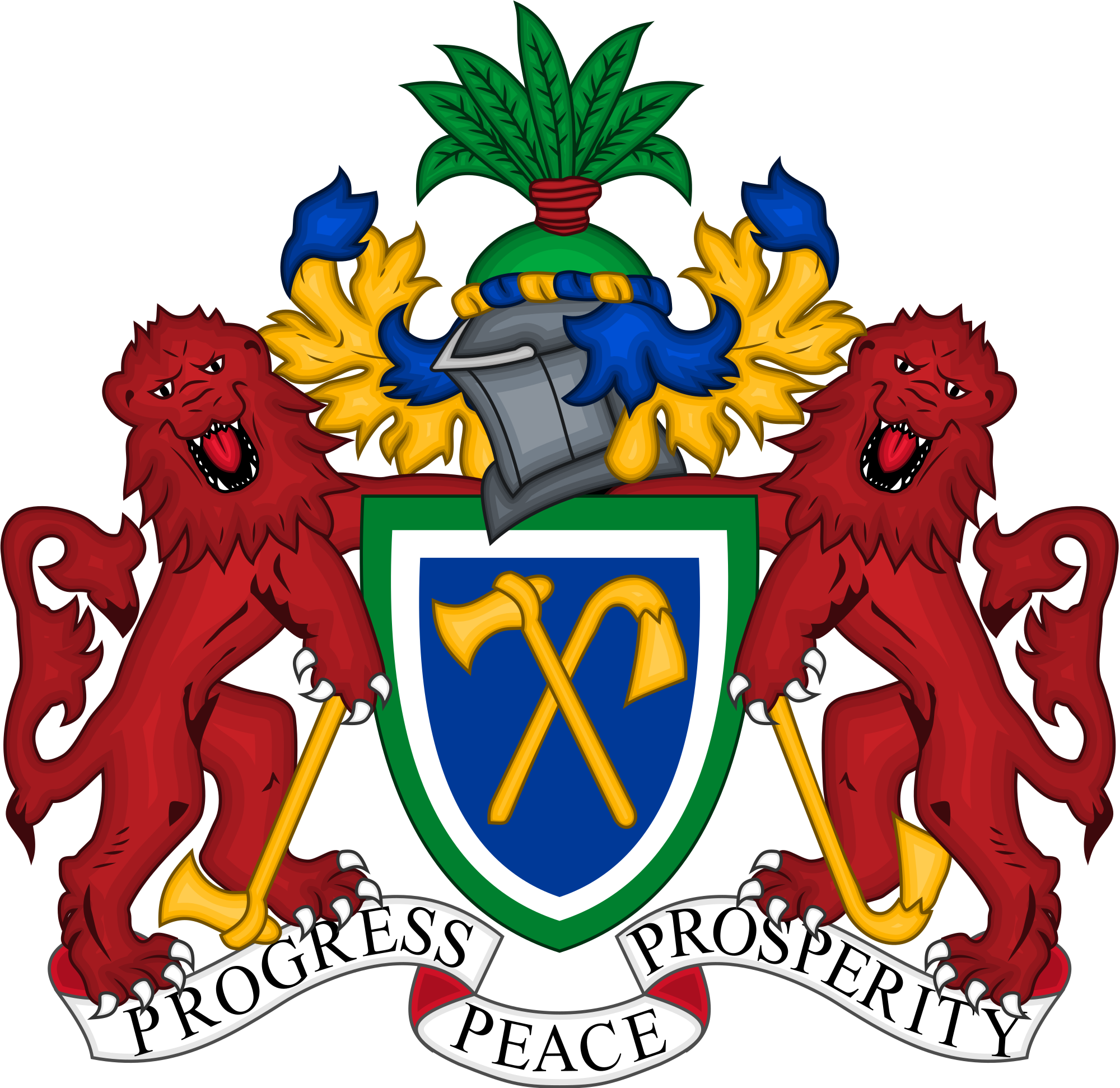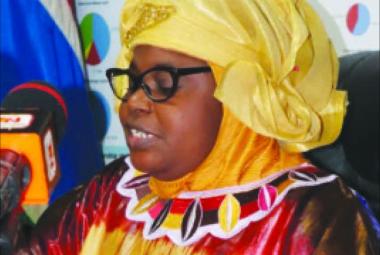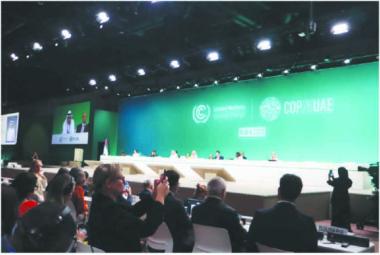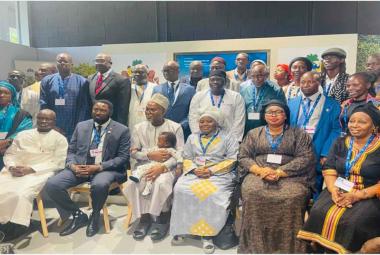By Fatou I Touray
The West African Health Organisation (WAHO) has started a three-day meeting for national managers of Health Information Systems and technical partners, being held at the Metz Hotel in Senegambia.
The meeting is meant to enable participants share experience and track progress of respective countries with respect to disease surveillance from member countries of the 15 ECOWAS. The specific objective is to review the status of implementation of the recommendations from the 2018 meeting and discuss priority actions to be carried out within the framework of the partnership for the next 12 months.
The Permanent Secretary at the Gambian Ministry of Health Mr Momodou Lamin Jaiteh in a statement remarked that the forum is significant in a sense that the sub-region is working collectively and earnestly in gaining momentum to combating diseases.
This year's meeting focuses on the analysis and validation of 2018 Health situation reports of each member state, as well as discuss and adopt the frameworks for the production of health profiles of the ECOWAS countries in the year 2020.
The timeliness of the meeting cannot be over-emphasized; when the sub-region is faced with numerous challenges like communicable and non-communicable diseases, as well as emerging and re-emerging of diseases.
Dr Kofi Busia, Director, Health Care Services of WAHO, representing the Director General, said they have been holding this meeting regularly for ten years now and that over the years, significant gains have been made at regional and country levels in health information management. “Several countries have been able to reform their systems and adopt more appropriate tools and technologies for collecting, managing and sharing health information”.
He reported that WAHO has set up a regional health data warehouse, made the regional platform for sharing information on epidemic-prone diseases functional, aimed at effective operationalisation of a regional health observatory.
However, he pointed out, they have noticed that despite the efforts of countries, institutions and partners, the vision of "making quality information available, easily accessible and used for decision-making at all levels " is still far from being a reality: The needed information, he elucidated remains very scarce, scattered, and inaccessible and above all, not sufficiently shared on time for informed decision-making where necessary.
Mr Busia further observed that practical experience continues to show enormous weaknesses in the organisation and functioning of health information systems, and that most of the factors leading to this situation are deeply rooted in other more serious failures in health systems in general. This he said include inadequate human resources, infrastructure and technology, lack of political commitment and access to real-time digital information at decentralised levels of health systems.
The WHO Representative to the Gambia, Dr Desta A Tiruneh, said the complex health issues faced by African countries highlights the importance of having robust, resilient and responsive health systems with core foundations that allows for concrete efforts to attain Universal Health Coverage and the SDGs.
Muhamane Hamidine, the Director of Primary Health Care of WAHO, said it is important for participants to come up with tangible recommendation to address the health issues affecting the population of the region.






